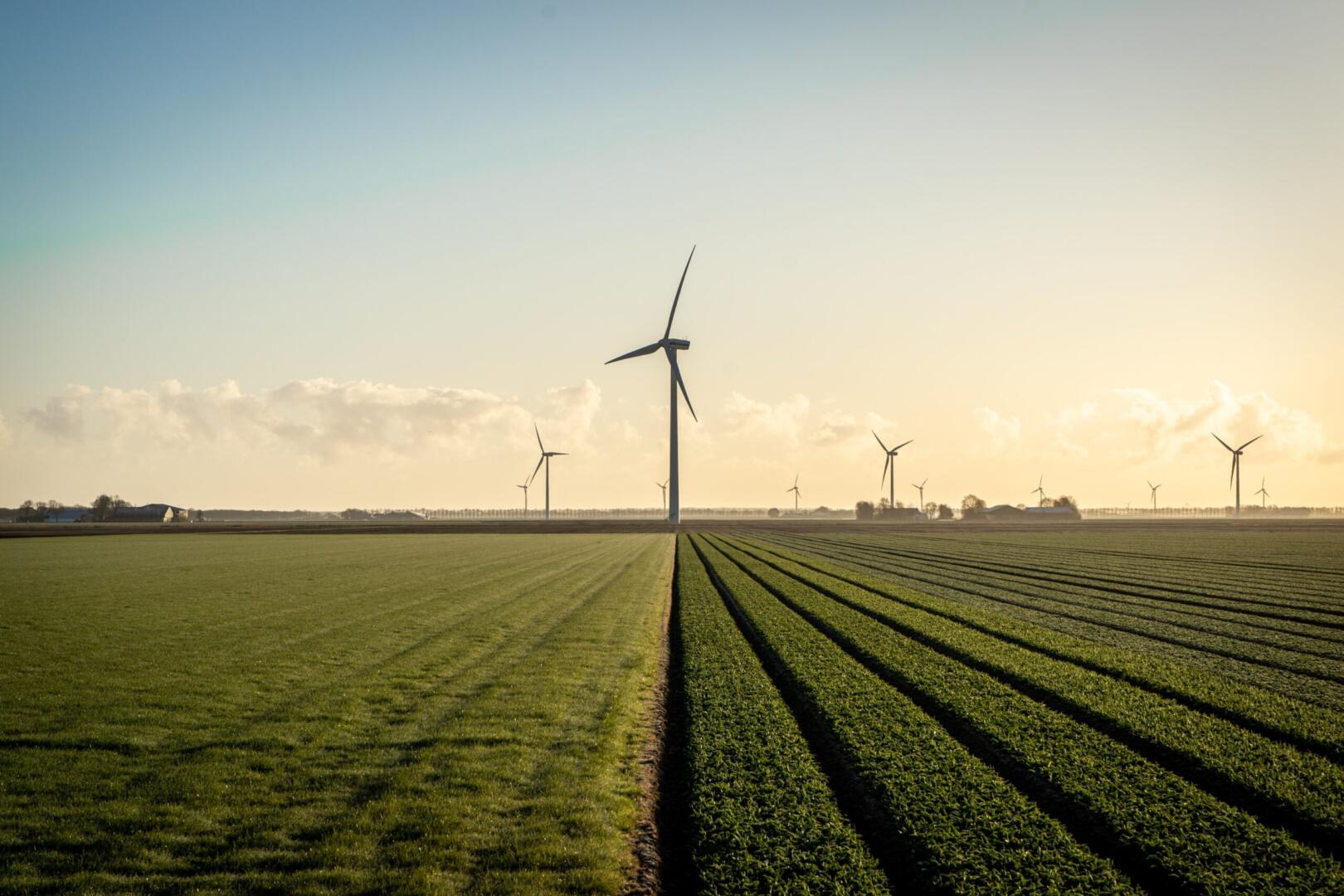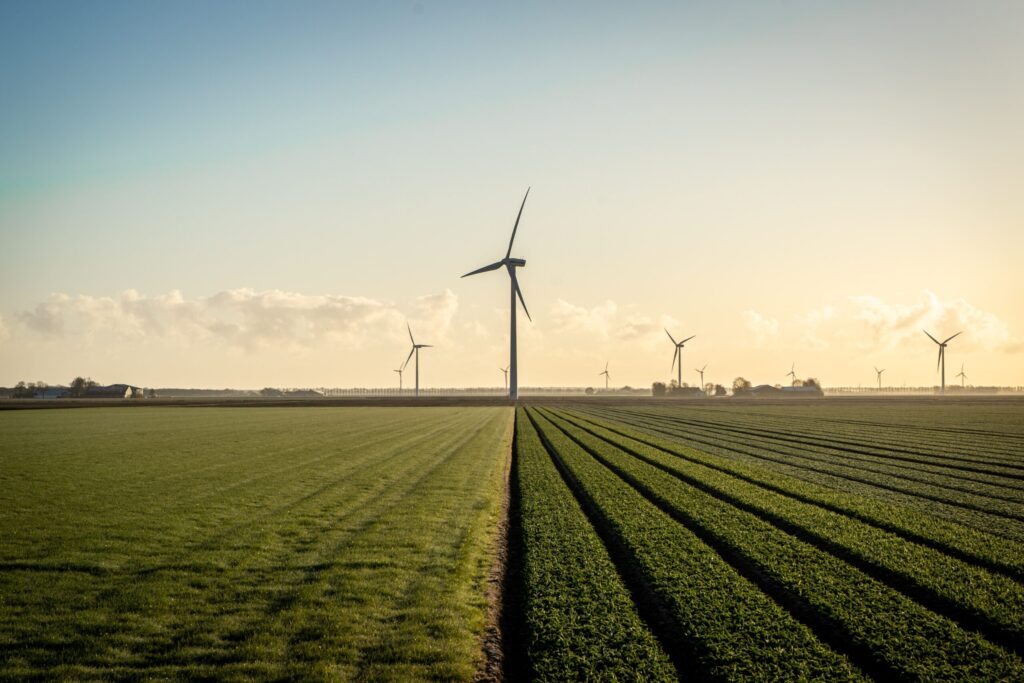Many people have heard the term “Carbon Offset” but not everyone understands how offsets work or what they’re trying to accomplish. In this blog post, we’re hoping to provide our readers with a short overview of this market-based solution to low carbon economies and playing a part in mitigating climate change when one travels, and introduce you to the pioneering new program Indigeno is bringing to the table.
When we travel, we use fossil fuels. The use of fossil fuels emits greenhouse gas emissions, or GHGs, into the atmosphere. As you may already know, the more GHGs that go into our atmosphere, the more unpredictable our climate systems become and the long-term costs of these changes to our climate causes all manner of negative consequences for humanity such as uncontrollable wildfires, unprecedented flooding and rising sea levels caused by the melting of polar ice caps and the expansion of the oceans due to heat.
Carbon offsets can play an important role in avoiding, reducing, and removing the amount of GHGs going into the atmosphere by compensating for emissions made elsewhere. That’s accomplished through investing in Carbon Offset projects, energy-efficiency improvements to buildings or vehicles, reforestation and conservation projects, the list goes on and on and the possibilities are still growing.
So, now we’d like to introduce you to the Indigenous Carbon Offset Program (ICOP).

Indigeno Travel has partnered with Thrust© Carbon, a UK-based international tech company, to offer uniquely Indigenous and Canadian solutions for carbon offsets. So unique, in fact, it’s the first of its kind in the world. As the graphic illustrates, our Indigenous Carbon Offset Program allows our business travel accounts to measure and manage their carbon footprint and then apply their offsets directly to First Nations, Métis and Inuit Climate Action Projects. Our partnership with Thrust allows for incredibly accurate tracking of all aspects of travel, using a number of factors when making its calculations ranging from the weight of a plane, where one is seated and adjustments in distance to account for weather/delays on the tarmac. And unlike many other carbon measuring companies, hotels and car rentals are also calculated and added to the final calculation. How cool is that?
Would you like the opportunity to manage your company’s travel-related carbon footprint, while supporting Indigenous carbon offset projects? Contact us at , and let’s explore the possibilities together.


